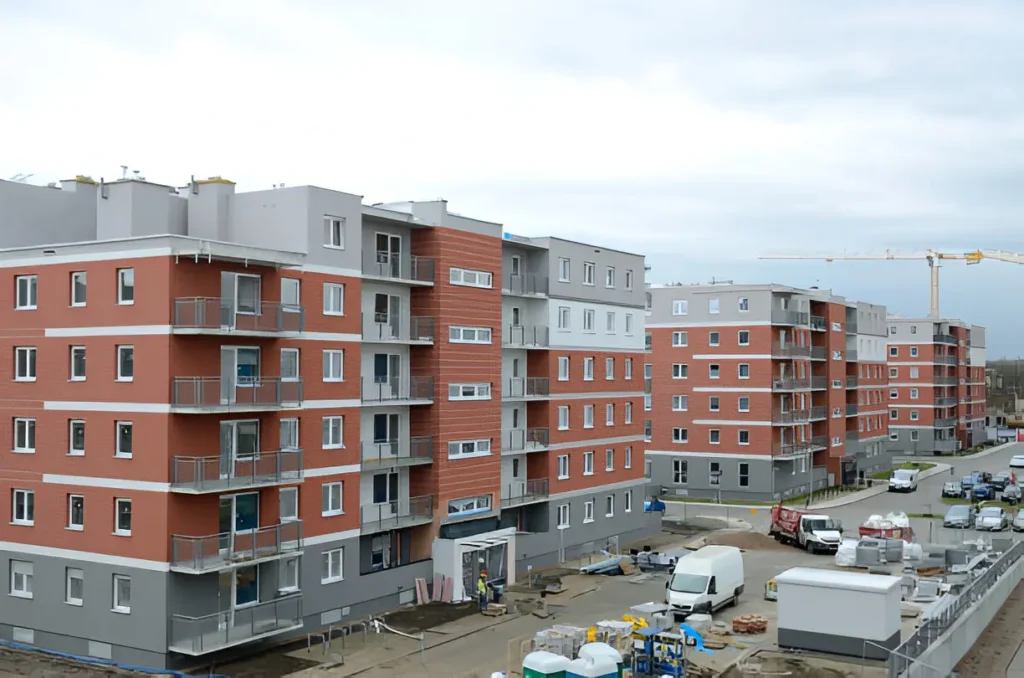Introduction
A supportive community within residential treatment centers plays a crucial role in the recovery process for individuals dealing with mental health issues. The sense of belonging and mutual support can significantly enhance the effectiveness of treatment.
The Importance of a Supportive Community
Enhancing Treatment Outcomes
Research shows that a supportive community can positively impact treatment outcomes. According to a study published in the Journal of Substance Abuse Treatment, social support is a key factor in successful recovery and reducing the risk of relapse.
Emotional and Psychological Benefits
A sense of community provides emotional stability and psychological support to residents. It helps in reducing feelings of isolation and loneliness, which are common among individuals undergoing mental health treatment.
Building Blocks of a Supportive Community
Fostering Open Communication
Open and honest communication is the foundation of a supportive community. Encouraging residents to share their experiences and feelings in a safe environment promotes trust and understanding among members.
Developing Mutual Respect
Respect for each individual’s journey and struggles is essential. This respect fosters an environment where everyone feels valued and understood, regardless of their background or stage of recovery.
Strategies for Cultivating Community
Group Therapy Sessions
Group therapy is a powerful tool for building community. It allows residents to connect with others facing similar challenges, providing an opportunity for shared healing and growth.
Social Activities and Events
Organizing social activities and events can promote bonding and camaraderie among residents. These activities should be inclusive and cater to the interests and abilities of all community members.
Role of Staff in Community Building
Leading by Example
Staff members play a crucial role in shaping the community. By leading with empathy, compassion, and respect, they set the tone for the entire community.
Providing Continuous Support
Continuous support from staff helps residents feel secure and valued. Regular check-ins, encouragement, and availability are key to maintaining a nurturing environment.
Overcoming Challenges in Community Building
Addressing Conflicts
Conflicts are inevitable in any community. Having clear conflict resolution protocols and encouraging open dialogue can help in resolving issues amicably and strengthening community bonds.
Respecting Individual Differences
Balancing the needs of the community with individual differences can be challenging. Tailoring support to meet diverse needs while promoting inclusivity is vital for a harmonious community.
Involving Family and External Support Networks
Family Involvement
Involving families in the treatment process can extend the sense of community beyond the treatment center. Family therapy sessions and visitation times can help integrate the resident’s support network.
Connecting with External Support Groups
Encouraging connections with external support groups, such as recovery communities or mental health organizations, can provide additional layers of support for residents.
Monitoring and Adapting Community Dynamics
Regular Assessments
Regular assessments of the community dynamics can help identify areas needing improvement. Feedback from residents is essential for making informed adjustments.
Adapting to Changing Needs
As the needs of residents change, the community should adapt accordingly. This flexibility ensures that the community remains relevant and supportive for all members.
Case Studies and Success Stories
Research Findings
Studies have shown that treatment centers with strong community support have higher rates of successful outcomes. A study in the Journal of Clinical Psychiatry found that community involvement was a significant predictor of sustained recovery.
Real-Life Examples
Many treatment centers report transformative changes in residents through community building. Stories of individuals finding strength and support in their community are common and inspiring.
The Future of Community in Residential Treatment
Emphasizing Community in Treatment Models
The future of residential treatment will likely place a greater emphasis on community building. Recognizing the importance of community-focused strategies, treatment centers like Luxury Rehab in Los Angeles are increasingly incorporating them into their programs.
Integrating Technology
Technology can play a role in strengthening community connections, especially for connecting with external support networks and involving families in the treatment process.
Conclusion
Building a supportive community within residential treatment centers is a fundamental aspect of effective mental health care. It provides emotional support, enhances treatment outcomes, and fosters a sense of belonging. As we continue to understand the value of community, its role in the recovery journey becomes increasingly vital, offering a foundation for healing and growth.
Also Read – Cookieless Attribution: Navigating Privacy Challenges in Marketing
